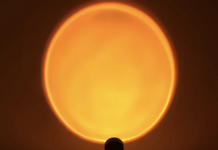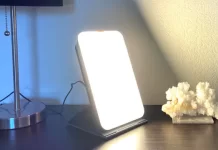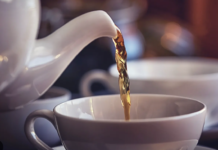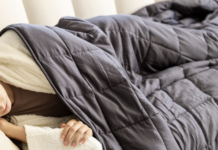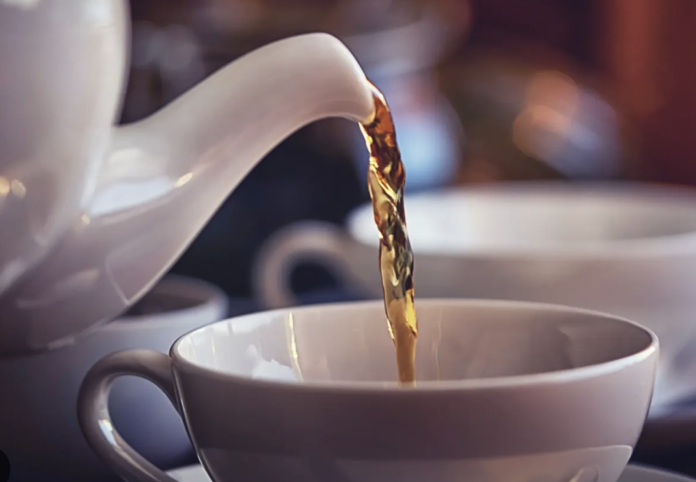Many types of tea contain botanical components that have been used for a long time to promote relaxation. The best teas to reduce stress and anxiety are listed below, along with the evidence behind them.
Even while the ritual of drinking tea can occasionally help you relax, some teas go above and above to reduce anxiety. The best teas for reducing anxiety have been compiled for you. We’ll break down the potential herbal components and the health advantages of each so you can pick the remedy that will help you feel peaceful.
Benefits of drinking tea for anxiety
There are various ways that drinking tea could help you feel less anxious.
Many types of tea contain botanical components that have been used for a long time to promote relaxation. The science underlying some of those elements will be covered here.
Even the straightforward act of making tea can be relaxing. It can provide you with a moment of reflection if you approach it as a mindful ritual.
Begin the kettle to boil, then select a cup that feels comfortable in your hands. Choose a tea bag, then breathe in. Sit down for a bit while your tea steeps. Breathe deeply while holding the steaming cup. Make it way you prefer it—sweet, creamy, spicy, or potent. Take a sip and calm down.
Due to the power of aromatherapy, tea may also reduce anxiety. You inhale the tea’s aroma before you sip and all throughout your tea experience. As you can see from our list, many of these teas, including peppermint, rose, and lavender, are popular in terms of aroma.
The best teas for anxiety
If you’re looking to try anti-anxiety tea, here are best options, along with what research says about their impact.
Peppermint Tea
Peppermint tea has a naturally pleasant flavor and contains no caffeine. It has been enjoyed for generations for its flavor and outstanding health advantages. Several essential oils, including limonene and menthol, can be found in peppermint leaves. Additionally, peppermint extracts are said to aid in improved digestion, ease headaches, treat cold symptoms, boost energy, and improve attention.
Both loose-leaf and tea bag versions of peppermint tea are offered for sale. Peppermint can also be grown easily by putting peppermint leaves in boiling water, letting the mixture simmer for five minutes, and then filtering the tea. You can drink this tea whenever you want because it doesn’t contain caffeine.
Chamomile Tea
Chamomile tea is one of the most widely consumed tea types because of its pleasant flavor and ease of sipping. Being a herbal tea, the caffeine-free blend can be enjoyed at any time of day without raising anxiety levels.
German chamomile and Roman chamomile are the two types of chamomile tea that are produced from dried chamomile flowers. Your body’s natural production of serotonin and melatonin is assisted by the tea, leaving you feeling calm but not sleepy. Additionally, it can ease headaches and muscle aches that are frequently brought on by stress and anxiety, which can also assist to reduce tension.
Lavender Tea
While lavender oil is frequently used topically to reduce stress and anxiety, it also has calming effects when consumed. Lavender herbal teas are a fantastic tea for anxiety because they assist to relax muscles and calm nerves, alleviate stress and ease tension while preventing headaches and muscle discomfort. They are made from the dried buds of the lavender plant.
As a natural anti-inflammatory, it’s also fantastic for the digestive system and works to prevent all the harmful effects that stress may have on your body.
Green Tea
Green tea is frequently associated with physical health because of its abundance of antioxidants and health advantages, but it’s also excellent for your mental health. One of the greatest teas to consume to relieve anxiety is green tea.
It contains a variety of antioxidants, including the flavonoid epicatechin, one of which works to protect your brain from oxidative damage and counteract the harmful effects of stress on your body. It can also aid with memory improvement.
One of the best sources of L-theanine, which has been proved to be effective in lowering stress levels, reducing exhaustion, and fostering better sleep, green tea is also one of the best drinks for reducing anxiety and jitters brought on by excessive caffeine.
Turmeric Tea
Turmeric, a plant related to ginger, has a long history of use in traditional medicine. The vibrant rhizome (root) is used both as a herbal remedy and a spice in cookery.
The primary source of the antioxidant and anti-inflammatory polyphenol curcumin, turmeric is known for its medicinal benefits.
One method to enjoy the advantages is to sip turmeric tea or latte. Black pepper and turmeric are frequently used together because it increases the bioavailability of curcumin.
Benefits of drinking tea
Tea has other health advantages in addition to perhaps reducing anxiety symptoms, such as boosting the immune system, lowering the risk of heart disease and cancer, easing menstrual discomfort, and improving pain management. Additionally, tea can reduce blood pressure and strengthen the liver.
Some advantages of tea consumption include:
- Improved sleep quality and reducing insomnia
- Decreasing stomach aches and settling digestive difficulties
- Controlling blood glucose levels
- Lowering cholesterol
- Reducing morning sickness and nausea sensations
- Reducing the severity of cramping throughout the menstrual cycle
Different types of teas are known to have different effects, so some might help you sleep, while others can help wake you up. Similarly, some can soothe your throat, and the temperature you select can also help keep you feeling warm and cozy or help you cool off.
Best Teas For Anxiety – Frequently asked questions
What is the best tea for anxiety?
Depending on what taste you want, try rose, chamomile, lavender, passionflower, peppermint, or lavender.
Does tea calm anxiety?
It doesn’t matter if it’s the herbal components, the aromatherapy, or the calming ritual, tea can undoubtedly reduce anxiety.
What tea is good for anxiety and depression?
There is proof that passionflower tea and lemon balm can help reduce anxiety and despair.
Is honey good for anxiety?
There is some evidence that honey reduces anxiety, so if you prefer it that way, add a generous amount of the sweet ingredient to your anti-anxiety tea.
Does green tea reduce anxiety?
It can, but choose a brew with little caffeine. The anti-anxiety effect may be blocked by caffeine.
Your anxiousness may be reduced by drinking tea. Your mind slows down during the brewing, steeping, and consuming processes, and several components in tea have demonstrated potential for easing anxiety symptoms.
Staying hydrated is a big part of mental and physical health, so make sure that you stay hydrated and reduce your signs that you are dehydrated.

